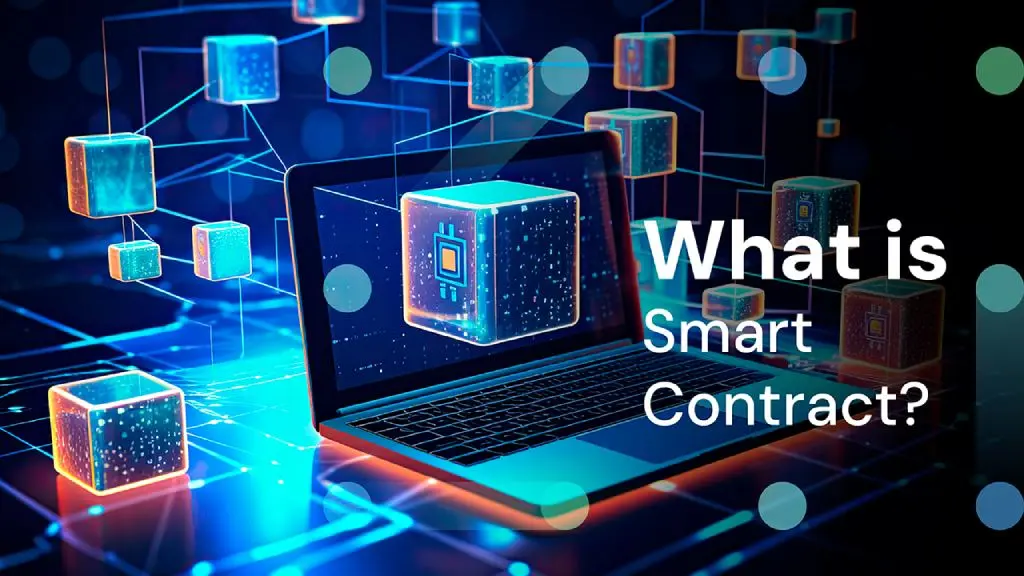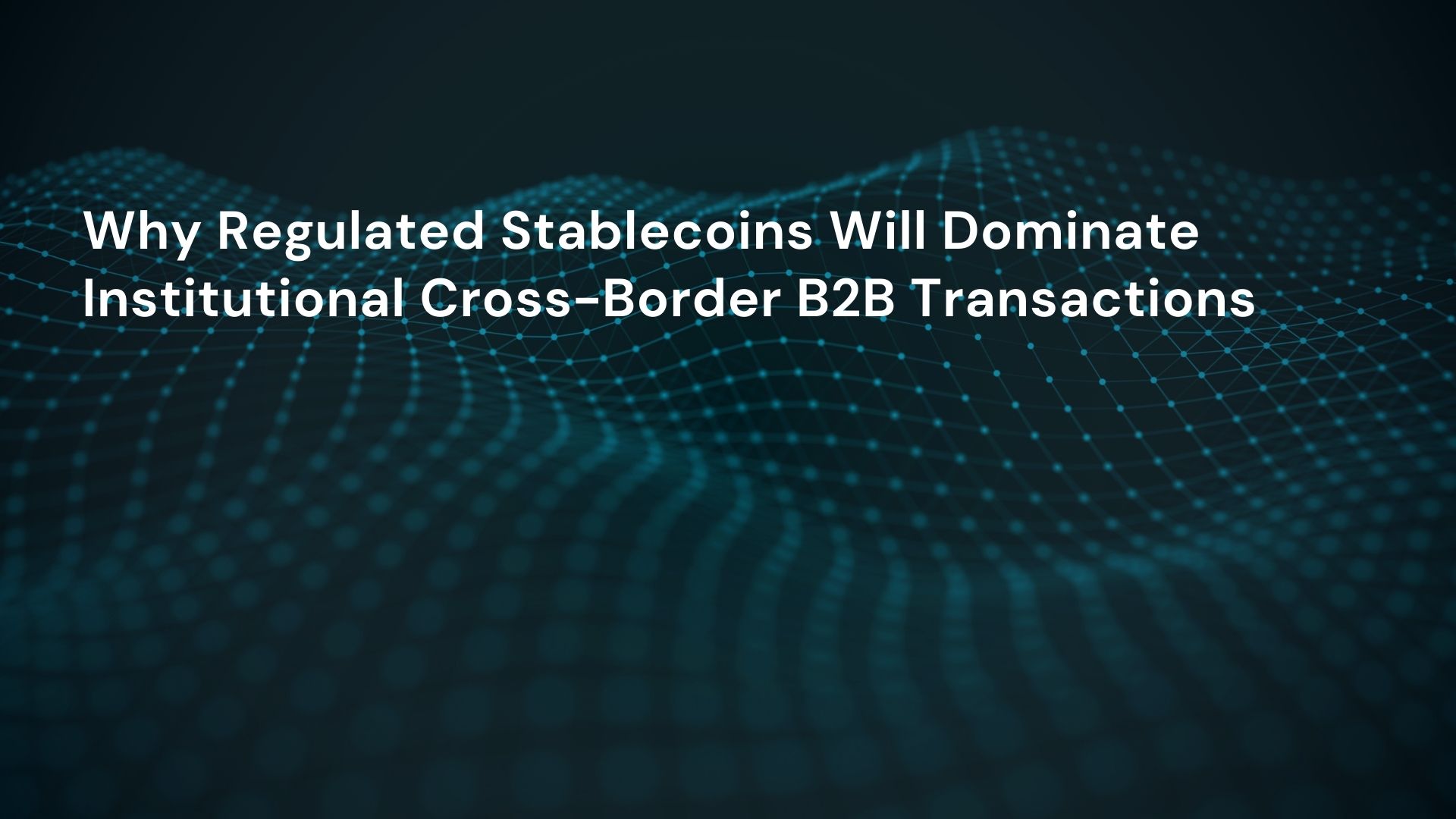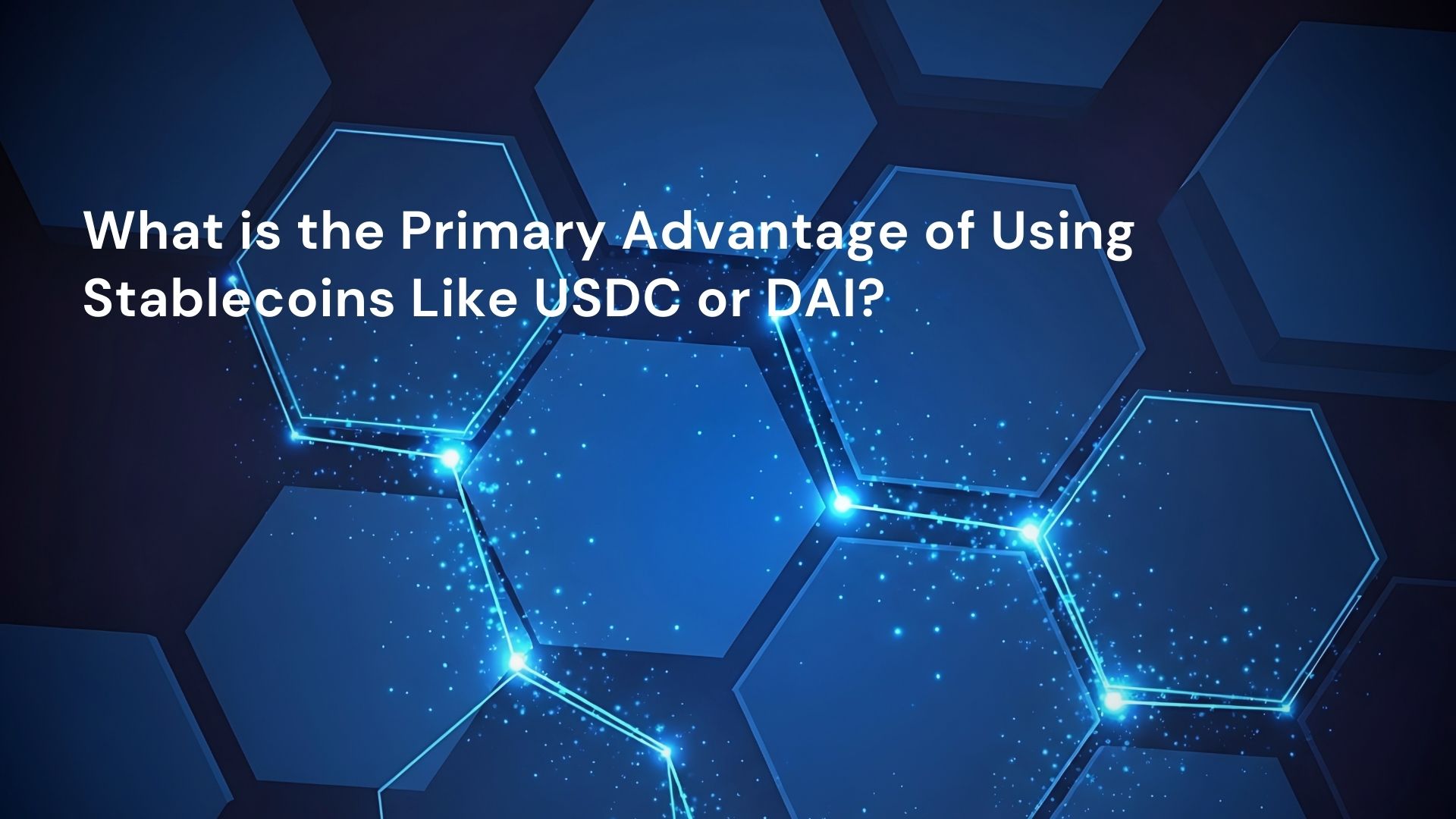Overview
Smart contracts are self-executing programs that automatically enforce and execute agreements when predetermined conditions are met. Unlike traditional contracts that require intermediaries for enforcement, smart contracts operate autonomously on blockchain networks. These digital agreements contain the terms and conditions written directly into code, which is deployed on decentralised platforms like Ethereum, BNB Chain (formerly Binance Smart Chain), and other blockchain networks. The concept gained significant traction following Ethereum’s launch in 2015, created by Vitalik Buterin, which provided the first robust platform for smart contract development. As of 2025, smart contracts power a vast ecosystem of decentralised applications (DApps) across various sectors, including decentralised finance (DeFi), non-fungible tokens (NFTs), supply chain management, insurance, and digital identity verification. Their versatility extends far beyond simple transactions, enabling complex multi-party agreements, automated governance systems, and innovative financial instruments that operate without traditional intermediaries.
What is a smart contract?
When the smart contract runs on chains with strong blockchains like Ethereum, Solana, Polygon, Avalanche, and other Layer 1 and Layer 2 networks, it makes accessibility almost endless and minimises possible problems that may occur in terms of security and reliability. The positive effects of the smart contract on operational circulation in terms of sending and receiving money are also obvious. Because the conditions are determined in advance through the smart contract, these specific contracts also have a process of being stored on the blockchain. It has the task of automating the transaction to be made between the two parties at maximum speed. Smart contracts can save time by not including intermediary institutions in this process. In addition, the fact that the transfer between two people will not be subject to any interference by a third party makes the work more reliable in every sense. In addition to these, if all the predetermined conditions are fulfilled correctly, it will also support the next action to take effect as soon as possible.
Simple definition of a smart contract
Nick Szabo is a highly accomplished American computer scientist. He is the inventor of a virtual currency in 1998. He named this virtual currency “Bit Gold, a precursor to modern cryptocurrencies and smart contracts”. The definition of this successful computer scientist regarding smart contracts is as follows: a system that fulfills the computer-oriented transaction policies by the contract terms is called a smart contract.
The transparency of smart contracts
Each of the transactions made through the smart contract is traceable. These transactions are presented openly and transparently to everyone. Transactions are generally immutable once confirmed on the blockchain, though some modern smart contract platforms include governance mechanisms for upgrades and emergency interventions.
How do they work?
Smart contracts operate through a series of programmed instructions that execute automatically when predetermined conditions are met. When a transaction or event triggers these conditions, the smart contract executes its code on the blockchain network, updating the distributed ledger accordingly. Modern smart contracts utilise virtual machines (like Ethereum’s EVM) to process complex logic, handle multiple parties, and interact with external data sources through oracles. The execution is deterministic, meaning the same inputs will always produce the same outputs, ensuring predictability and trust in the system.
Where are smart contracts used?
No matter how smart contracts’ use may vary depending on the sectoral need, they can be used throughout a wide range of business areas.
Escrow Systems
Inherent advantages offered by blockchain, such as automation and the execution of predefined conditions, make smart contracts suitable for escrow systems. The transparency and immutability of blockchain ensure that the terms of the escrow agreement are securely encoded, providing an auditable and tamper-resistant record of transactions. Smart contracts also operate autonomously, ensuring a fair and impartial execution of agreements without the need for a trusted third party, which not only enhances the efficiency of transactions but also significantly reduces costs associated with traditional escrow services. By leveraging smart contracts in escrow systems, participants benefit from increased security, efficiency, and trust in crypto transactions, aligning with the fundamental principles of decentralisation and transparency inherent in blockchain technology.
Decentralised Finance (DeFi)
Smart contracts power the entire DeFi ecosystem, enabling automated market makers (AMMs), yield farming protocols, lending and borrowing platforms, and synthetic asset creation. Popular DeFi protocols like Uniswap, Aave, and Compound rely on smart contracts to facilitate trustless financial services without traditional intermediaries.
Non-Fungible Tokens (NFTs) and Digital Assets
Smart contracts enable the creation, trading, and management of NFTs, providing proof of ownership and authenticity for digital art, collectibles, gaming assets, and intellectual property. They automate royalty distributions to creators and enable programmable ownership rights.
Real World Asset (RWA) Tokenisation
Modern smart contracts facilitate the tokenisation of real-world assets, including real estate, commodities, and securities, making traditionally illiquid assets more accessible and tradeable on blockchain networks.
Decentralised Autonomous Organisations (DAOs)
Smart contracts enable governance mechanisms for DAOs, automating voting processes, treasury management, and proposal execution based on community consensus without centralised control.
Digital identity
A smart contract is a very functional and frequently preferred system in terms of its use in the field of digital identity. An individual with a digital identity has the opportunity to share their identity with other companies. In today’s internet usage conditions, people may share their identity without their knowledge with a couple of companies, which is the system called the process of mapping the identity. In such a case, smart contracts can help to have information about that individual without knowing the actual identity of the other party or needing to verify transactions, to improve compatibility, operability, and flexibility.
Regulatory landscape and compliance (2025)
As of 2025, smart contracts operate within an evolving regulatory framework. Major jurisdictions, including the EU (under MiCA regulation), the United States (through various federal and state guidelines), and other countries have established clearer rules for blockchain technology and smart contracts. Developers must consider compliance with securities laws, anti-money laundering (AML) requirements, and data protection regulations when designing smart contracts.
Security best practices
Modern smart contract development emphasises security through formal verification, comprehensive auditing, and implementation of established patterns like upgradeable contracts, multi-signature controls, and time-locked functions. Common vulnerabilities such as reentrancy attacks, oracle manipulation, and front-running are now well-understood and preventable through proper coding practices and security tools.
High security
Another use of smart contracts is to ensure security. To simplify and improve management, the capitalisation table can be realised with Smart contracts. Ensuring this security implies the absence of intermediaries between the parties that intervene on either side. This system can also be used in areas such as stock splits, debt management, and automatic payments. In addition to all these, smart contracts play a major role in reducing operational risk and accelerating workflow in the digital environment.
Cross-border payments
When it comes to the use of letters of credit, smart contracts also offer a cross-border activity, as smart contracts are predicted to revolutionise the trade finance sector, given the benefits of smart contracts for international goods transfers and trade payments.
Specifically, smart contracts help increase the liquidity of financial assets by improving the financial data of buyers, institutions, and suppliers in trade.
Loans and mortgages
By connecting parties, smart contracts play a huge role in improving financial services, including mortgages and loans. The smooth, error-free, and optimal functioning of this process depends on it. For example, a smart contract issued on behalf of a mortgage keeps track of payments made and all details. If the loan is paid in full, it releases the property, demonstrating its ability to manage the entire process. In addition to all these services, perhaps the biggest advantage of smart contracts within finance is the visibility of all existing parties in the trade.
Financial data recording
The importance of financial data for organisations is indisputable. The role played by smart contracts is huge for an error-free and transparent financial data collection process. It also provides extra efficiency in terms of interoperability and lower amounts of accounting between distributed ledger and legacy networks.
Key features
- Automated transactions
Leveraging smart contracts to automate crypto payments presents a logical and efficient solution in the realm of digital transactions. Smart contracts enable the creation of self-executing agreements with programmable conditions. By encoding the payment terms directly into the contract, the need for intermediaries is eliminated, streamlining the payment process and reducing the risk of errors or disputes. Automation ensures that payments are triggered automatically when predefined conditions are met, providing a secure and transparent mechanism for financial transactions, which not only expedites the payment process but also mitigates the potential for delays and human errors associated with traditional payment methods.
- Transparency
It is one of the most basic features of ensuring that the terms and conditions predetermined in the smart contract by the relevant parties are fully transparent and visible. Once an agreement is reached between the parties, they do not have the right to object.
- Accuracy
Smart contracts perform their operations completely automatically and are never negligent, so the terms and conditions determined between the parties are recorded with clear and precise details.
- Security
Smart contracts provide a security system using the same method as cryptocurrencies and high-security encryption. The security systems of cryptocurrencies and smart contracts have a higher level of security than all the security systems on the current network in the world.
- Speed
Smart contracts perform their transactions at a tremendous speed. Smart contracts can achieve this speed because they operate through software code. The difference is obvious, as there is a savings of up to hours when compared to the operation of traditional business processes and smart contracts.
- Efficiency
Transactions per unit in a smart contract create more value because they provide very high throughput. Efficiency is a by-product of precision and speed.
- Storage and backup
Serving a wide variety of industries, smart contracts play a major role in protecting and keeping records of vital data. Therefore, all the details of a person within the contract are stored in the system in a completely permanent way for future reference. In case of facing a problem such as data loss, the qualifications of the persons can be easily accessed within the contract.
- Trust
The most important reason why smart contracts are attractive to users is that the contract process is based on absolute trust, which is due to the nature of the Smart Contract through the Ethereum blockchain. Smart contracts are autonomous, secure, and transparent.
- Guaranteed outcomes
During the operation of the process between the parties, smart contracts eliminate the possibility of the parties suing each other or taking each other to court and provide a more efficient service. They rely on self-executing smart contracts, with the parties subject to operation over the code. The guaranteed results obtained are also sufficient to satisfy the parties.
- Savings
Under normal circumstances, conventional contracts and parties need many intermediary firms to continue their operation. Smart contracts exclude third parties such as banks, lawyers, or individuals.
Closing arguments
Smart contracts have a very satisfactory picture for the parties and users in terms of the quality of service they offer and the range of sectors they address. Smart contracts, which have succeeded in taking the conveniences offered by high technology to the global world, continue to develop their mission day by day.
Start accepting crypto payments with Bitpace’s crypto payment gateway
Get paid in Bitcoin, Ethereum, Litecoin, and many more established cryptocurrencies with Bitpace crypto payment gateway. Reach out now to start accepting crypto payments.





